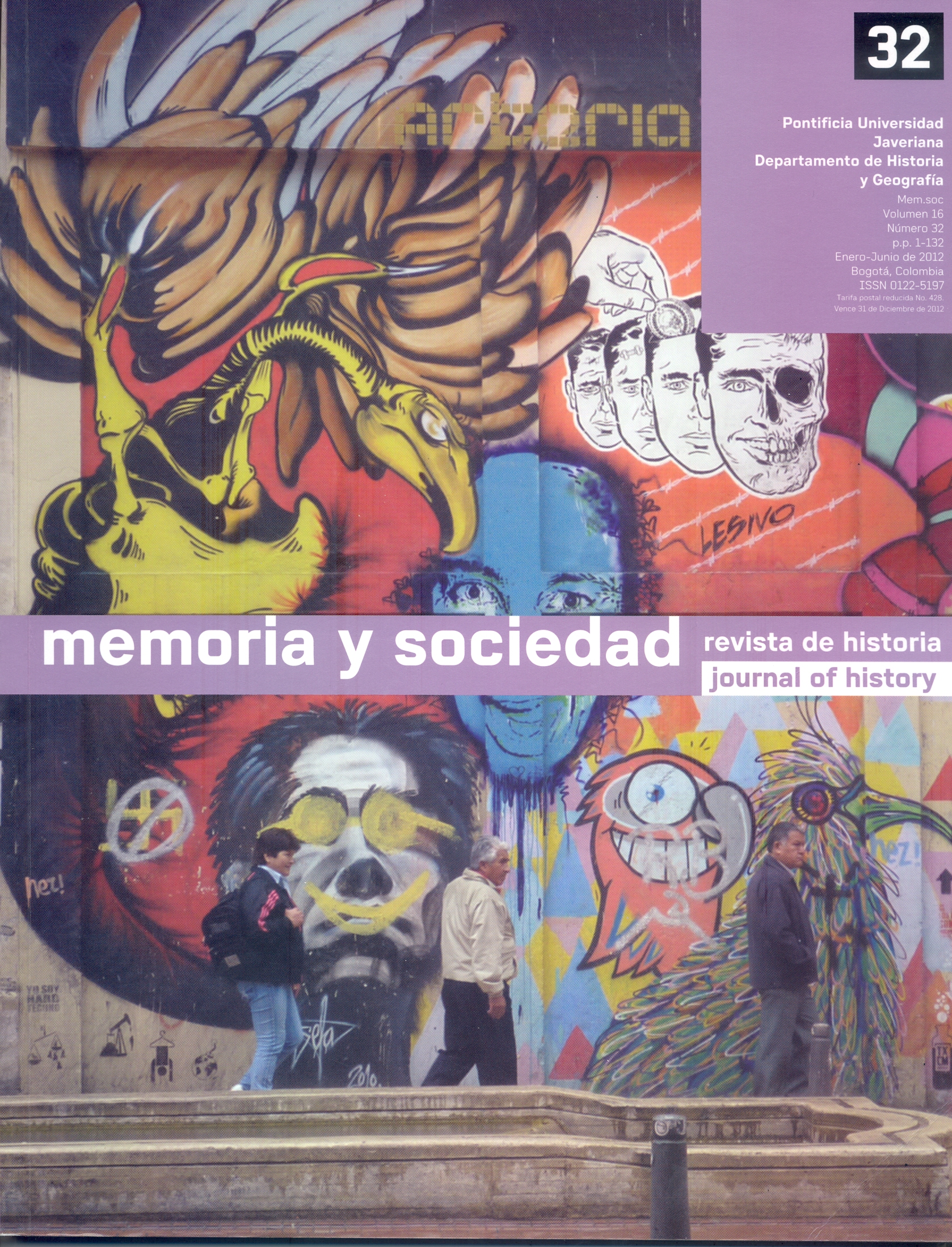Abstract
This article inquires about the role of empirical knowledge in the genesis of Geography in Spain in the late eighteenth century. To do so, it focuses on the analysis of a document written by the cartographer Juan Polo y Catalina titled “Discourse on the need to ascertain the productive surface of the states, work done with this purpose by all the powers of Europe, and means used to know it”. This analysis raises the issue of image, as well as topics related to map-building such as the combination of theory and practice, the progressive impulse, the quest for productivity in the Spanish provinces and, significantly, the limitations and findings of this technical exercise in achieving accuracy as a key element of the pursuits of Geography.The journal Memoria y Sociedad is registered under a Creative Commons Attribution 4.0 International Public License. Thus, this work may be reproduced, distributed, and publicly shared in digital format, as long as the names of the authors and Pontificia Universidad Javeriana are acknowledged. Others are allowed to quote, adapt, transform, auto-archive, republish, and create based on this material, for any purpose (even commercial ones), provided the authorship is duly acknowledged, a link to the original work is provided, and it is specified if changes have been made. Pontificia Universidad Javeriana does not hold the rights of published works and the authors are solely responsible for the contents of their works; they keep the moral, intellectual, privacy, and publicity rights.
Approving the intervention of the work (review, copy-editing, translation, layout) and the following outreach, are granted through an use license and not through an assignment of rights. This means the journal and Pontificia Universidad Javeriana cannot be held responsible for any ethical malpractice by the authors. As a consequence of the protection granted by the use license, the journal is not required to publish recantations or modify information already published, unless the errata stems from the editorial management process. Publishing contents in this journal does not generate royalties for contributors.

